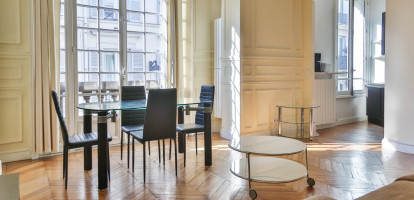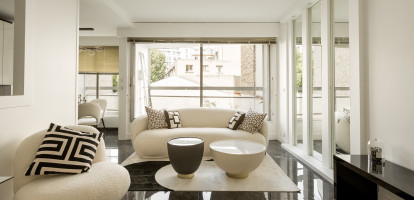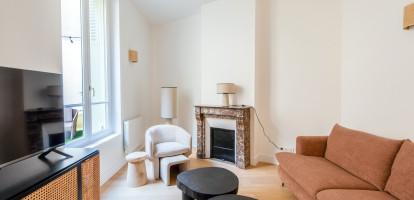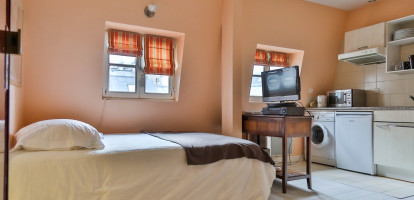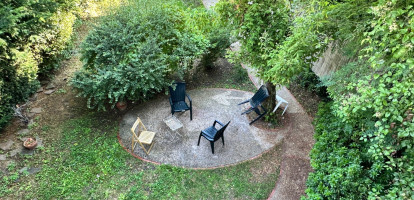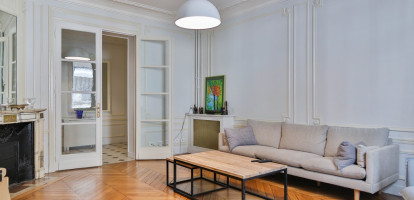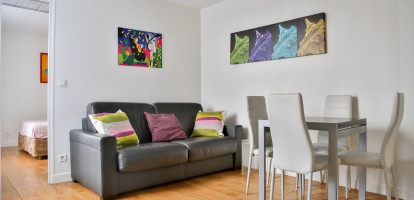The tax on vacant housing (Taxe sur les Logements Vacants - TLV) applies to vacant dwellings in cities in France with a significant imbalance between housing supply and demand.
To deal with the long vacancy periods, the tax on vacant housing has existed since January 1, 1999. However, despite the tax, over 3 million housing units are currently empty in France, and their owners are in the crosshairs of the French government. Because of the risk of non-paying tenants, the landlords prefer not to rent. As a result, the number of vacant homes has almost doubled in the past four decades! According to INSEE statistics, the number of vacant properties represents 8.3% of the country's total housing supply.
Who has to pay the tax on vacant housing?
Is your French property subject to the vacant property tax? If you possess and hold empty residential property in municipalities subject to the "vacant housing tax," you are liable for this tax. This tax applies to cities situated in areas characterized by housing shortages. Here is a list of cities concerned by the tax on vacant dwellings in France: Paris, Bordeaux, Lyon, Lille, Marseille, Nice, Montpellier, etc.
Here is an official simulator to check whether the tax on vacant dwellings applies to your town.
Which properties are exempt from the vacant home tax?
Property owners are exempt from paying the vacant housing tax in the following situations.
- The housing is not for residential use.
- The dwelling is vacant despite your efforts to rent. For example, properties listed for rental (or sale) at market price and not finding a tenant or buyer.
- The housing has been occupied for over 90 consecutive days (3 months) a year, with water, gas, or electricity bills to claim.
- Property requiring major renovation to make it habitable (e.g.replacement of the heating system) or as part of urban planning or demolition projects. In practice, the cost of the work must exceed 25% of the property's value. And please enclose a work estimate as proof.
- A furnished secondary residence subject to council tax/housing tax.
- The public sector properties (low-income housing = HLM in French).
Do I have to pay the tax on vacant dwellings upon inheritance?
Through inheritance (or donation), the new owners of a vacant property in a tense zone are subject to the vacant housing tax from the second year after the inheritance if the property remains vacant.
How do you file an occupancy declaration for your property?
It is crucial to file an occupancy declaration for each property you own to inform the tax authorities of the status of each property. You don’t want to pay a tax you don’t owe!
When owning a residential property, file an occupancy declaration to your local tax office or on your personal space with impots.gouv.fr website ("Manage my property" section). From 2024 onwards, it will become mandatory to submit a new occupancy declaration annually before July 1 if any change has occurred since the last statement. If you don't have access to the Internet, contact your local tax office and go to the tax counter.
Are you keeping the personal use of the property?
If so, you must specify the nature of your occupation from the following:
- Primary residence
- Secondary residence
- Vacant dwelling
What if the property is lived in by a third party (tenant or a friend)?
In this case, you must identify the occupants by providing the following information:
- Last name
- First name
- Date of birth
- Country, department, and commune of birth
Nota Bene: Failure to declare may result in a fine of €150.
How is the vacant accommodation tax calculated?
The vacant housing tax is based on the property's cadastral rental value obtained by multiplying the rental value by a tax rate. In 2023, the tax is as follows:
- 17% for the first year (12.5% previously)
- 34% for subsequent years (25% before)
Please note that if you have several vacant dwellings, you must pay the tax for each vacant housing.
How to pay the tax on vacant accommodation?
Every year, you get a tax notice stating the amount of tax payable. And you can also find it in your personal space on impots.gouv.fr.
You can pay a tax of less than 300€ by various means, such as:
- Directly online
- By check
- By Interbank Payment Document (TIP Sepa)
- By wire transfer
- In cash
- By credit card
For a tax of more than 300€, you can only pay it online on the website.
We understand that many owners living abroad leave their apartments in Paris unoccupied because they need help handling the rental and dealing with the French administration's complexity. Also, the language can be a hindrance. Yet, instead of leaving your property empty and paying the vacant housing tax, finding a Property Management company to manage your property is a good option. If you need help finding a serious tenant or a Property Manager for your long-term furnished apartment rental in Paris, contact the Paris Rental Agency and Home Management for the Property Management of your Real Estate in Paris.
Editor: Siyi CHEN
Sources: service-public.fr, pap, lefigaro, connexionfrance
Credit Photo@Phill
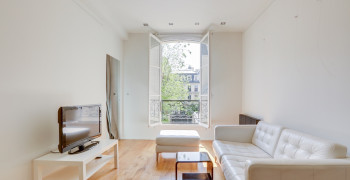


 Français
Français

